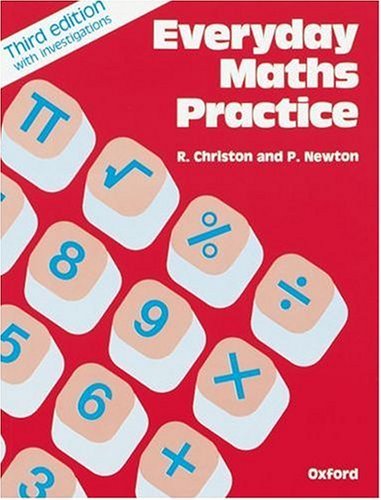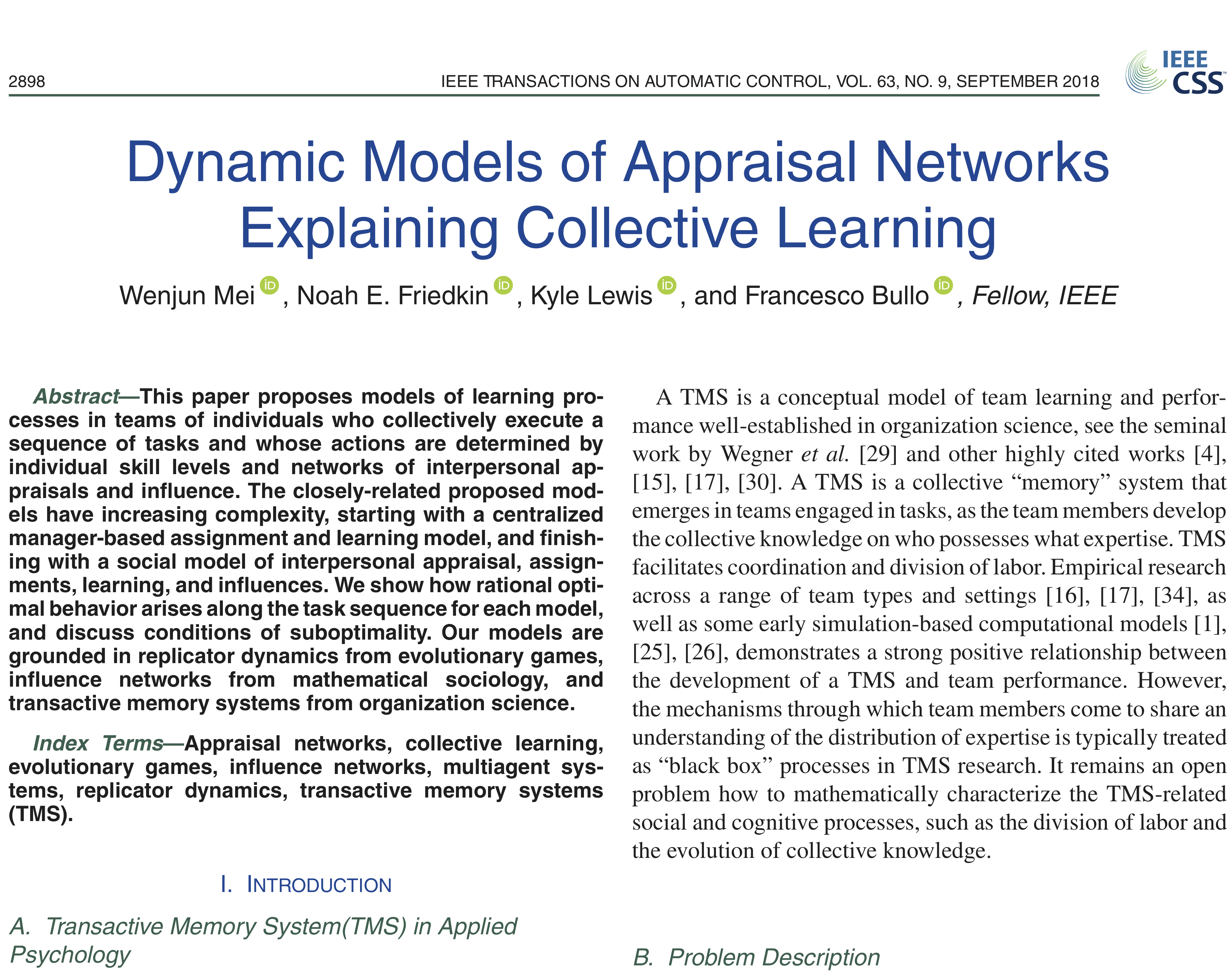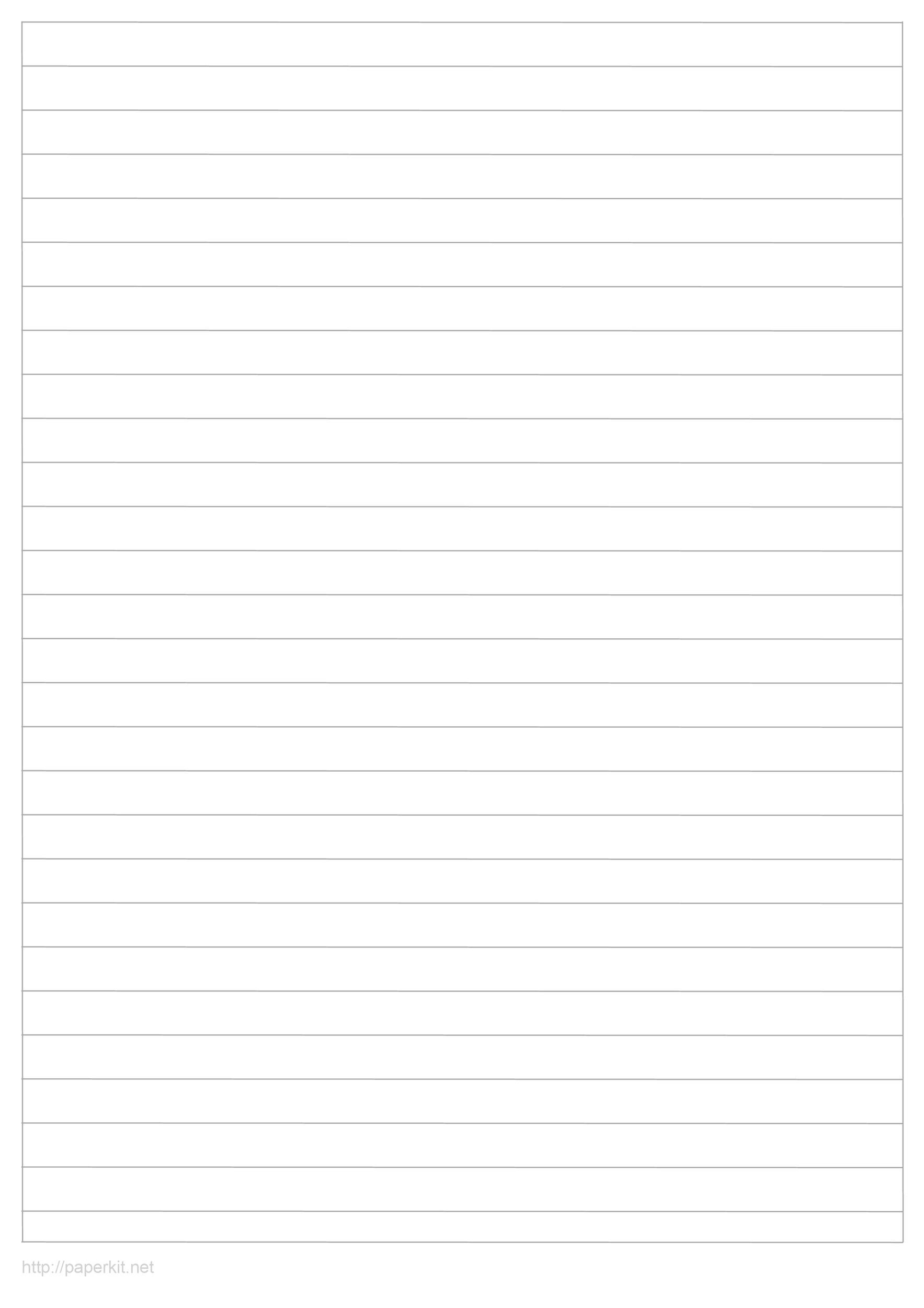Testing File Access (The GNU C Library).
Using access() in C. I am trying to use access() to see if a file exists; however, it is not working as expected. The current implementation is like so: This is just an extract of how I am using it.Functions in C. By Alex Allain.. Without it, the compiler will probably think that you are trying to write the actual definition of the function. When the programmer actually defines the function, it will begin with the prototype, minus the semi-colon. Then there should always be a block (surrounded by curly braces) with the code that the.C programmers rarely find the need to write new functions with variable-length arguments. If they want to pass a bunch of things to a function, they typically define a structure to hold all those things -- perhaps a linked list, or an array -- and call that function with the data in the arguments.
Access Functions. Encapsulation is achieved using access specifiers. In encapsulation we make all member variables private and provide public functions which allow user to work with the class. These functions are called as access functions. Access functions are used to return the value of private member variables. There are two types of access.Write() function: This function is used with Output-Pointer object to write the Block of data. Write() Function uses the binary version of data instead of the text version. when write() is used, each value is stored in its binary format and each record is created to have a fixed length.

Random Access To File. There is no need to read each record sequentially, if we want to access a particular record.C supports these functions for random access file processing. fseek() ftell() rewind() fseek(): This function is used for seeking the pointer position in the file at the specified byte.











